At the same time, the Ministry of Public Security crushed any discussion of bank runs from social media, imprisoning several people who had posted stories about SCB as a deterrent to others.
The case against Lan and Van Thinh Phat expanded, and eventually prosecutors made the explicit link between them and SCB. The government case showed that Lan had secretly acquired 91.5 per cent of the bank, through 27 nominees, following its 2012 establishment, when three insolvent banks were merged to create SCB.
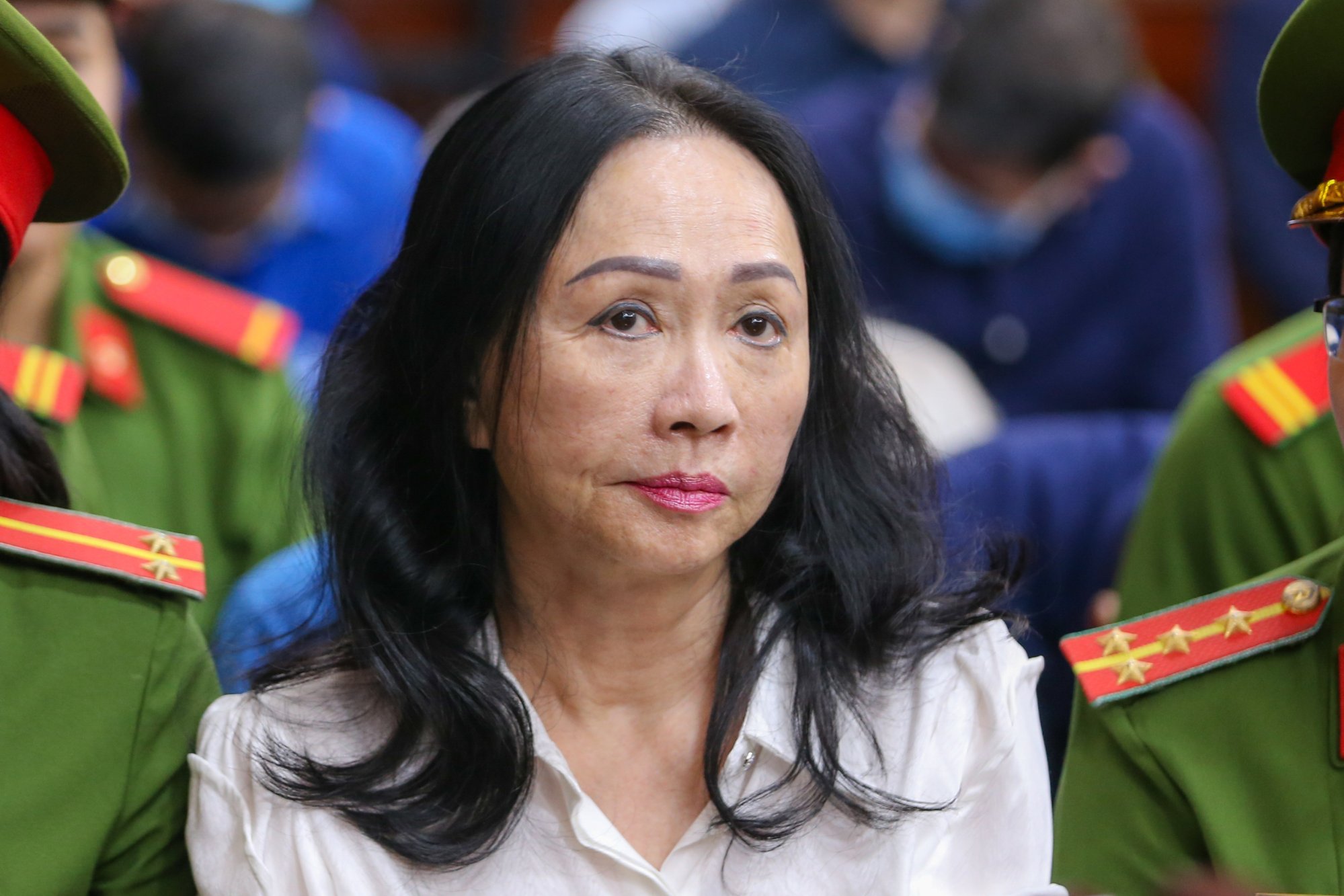
From 2016 to 2022, Lan ordered bank officers, who were in on the fraud, to steer 2,500 loans worth more than US$44 billion to some 1,100 shell companies that she and allies controlled. That accounted for 93 per cent of the bank’s total lending and led to some US$27 billion in losses.
Lan got away with it by bribing a senior regulator at the central bank, and some 23 other government regulators, with US$5.2 million to falsify their oversight reports of SCB and hide bad debts and evidence of wrongdoing.
When it all came crashing down, there were some 1,300 outstanding loans to Lan and her affiliates, worth a total of 677 trillion dong (US$27 billion). Seventy per cent of the loans were deemed “unrecoverable”. In addition, the bank is not getting any of the interest payments on the loans.
But with her conviction and the scope of her fraud revealed, public confidence in SCB plummeted again.
In mid-2023, the State Bank of Vietnam submitted for government approval a restructuring plan for SCB, and in September it appointed a new chairman for the bank. Yet the bank remains saddled with the non-performing loans to Van Thinh Phat, its subsidiaries, and some 1,000 or so shell companies.
The Vietnam Asset Management Company, which was established in 2013 to buy up distressed assets, has been involved, but SBC’s losses dwarf VAMC’s assets and ability to raise funds through bond offerings.
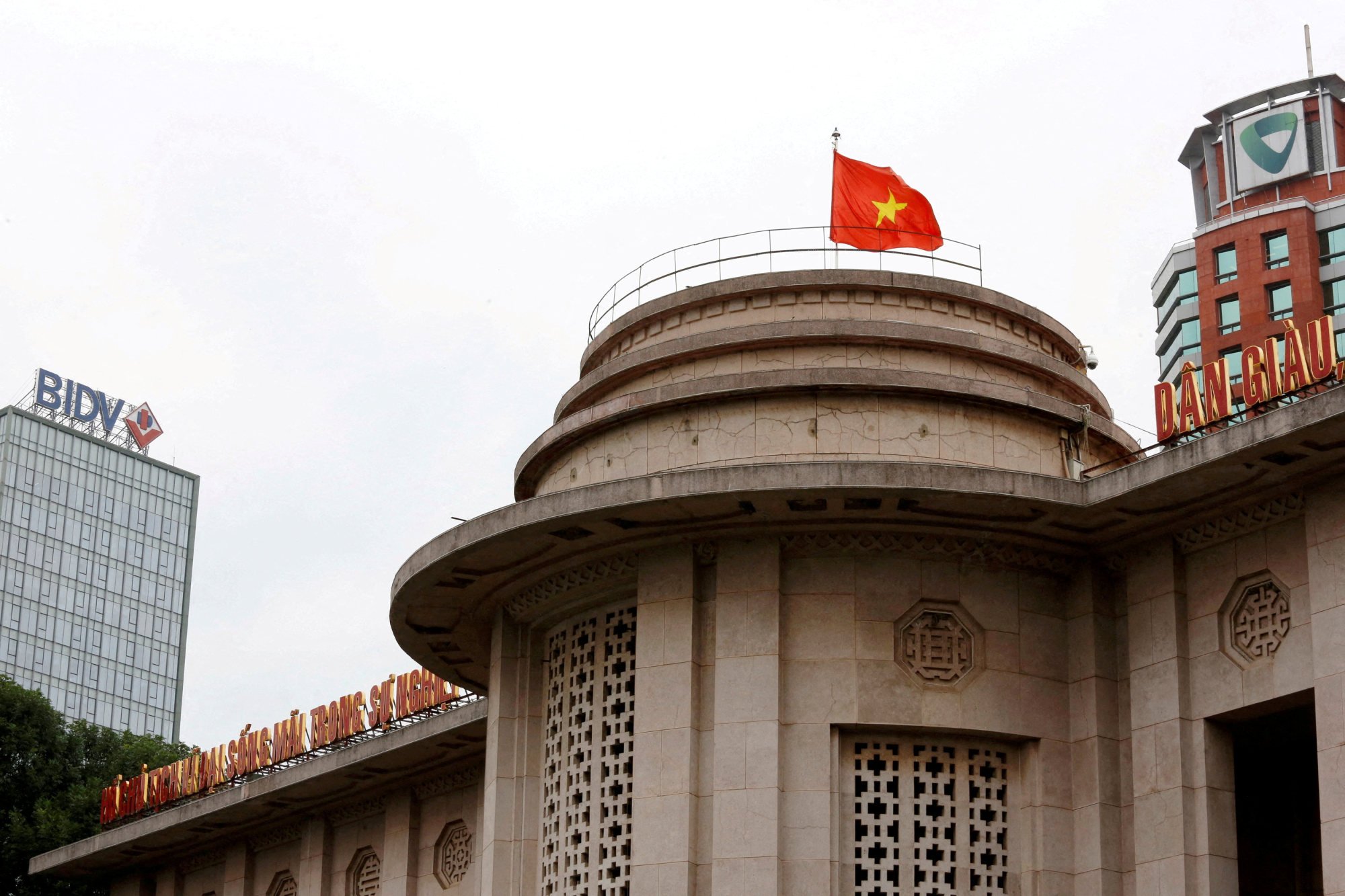
To put it into perspective, the current SCB bailout amounted to 6 per cent of Vietnam’s gross domestic product of US$430 billion in 2023.
But, according to Reuters, deposits at SCB fell by 80 per cent to US$6 billion between October 2022 and December 2023. At the same time, consumers have been withdrawing their funds at record rates.
SCB was once one of the largest banks in the country in terms of assets, as it attracted depositors with high interest rates. In de facto receivership, its rates are no longer above market. And added to that is a lack of trust in the bank’s solvency, or the government’s ability to guarantee deposits.
Compounding SCB’s woes, non-performing loans are now over 97 per cent of its lending portfolio – while under 3 per cent is considered “healthy” in Vietnam.
The court ordered Lan and her family to come up with US$27 billion in restitution, and is now liquidating 1,112 assets, including the iconic Saigon One Tower and Saigon Peninsula hotel. Lan’s husband sold roughly US$1 billion in assets in Hong Kong as part of the restitution process.
Lan argues that the court’s valuation of Van Thinh Phat’s assets, roughly US$12 billion, is a fraction of her valuation of more than US$30 billion.
While liquidation should recover 30 per cent of the Van Thinh Phat fraud, roughly US$13 billion to US$14 billion, it will be a slow process. And that has forced the government to quietly inject an unprecedented US$24 billion in “special loans” since March 29 to keep SCB solvent, a number that seems suspiciously large, given the bank’s overall size.
“Without lending, SCB will collapse,” an insider told Reuters. “Yet the scale was absolutely unsustainable. If the lending continues, the national treasury will gradually dry up.” The lending amounts to nearly one-quarter of the country’s US$100 billion in foreign reserves.
Historically, when similar banking crises happened, the central bank sought help from other local banks to bail out the troubled ones. Given the economic slowdown since the Covid-19 pandemic, no local bank appears to have sufficient capital to rescue SCB at the moment.
It is much less attractive to foreign investors given the 30 per cent cap on foreign ownership and how fragile the banking and real estate sectors are at the moment, plus the lack of trust in the banking system’s corporate governance and transparency.
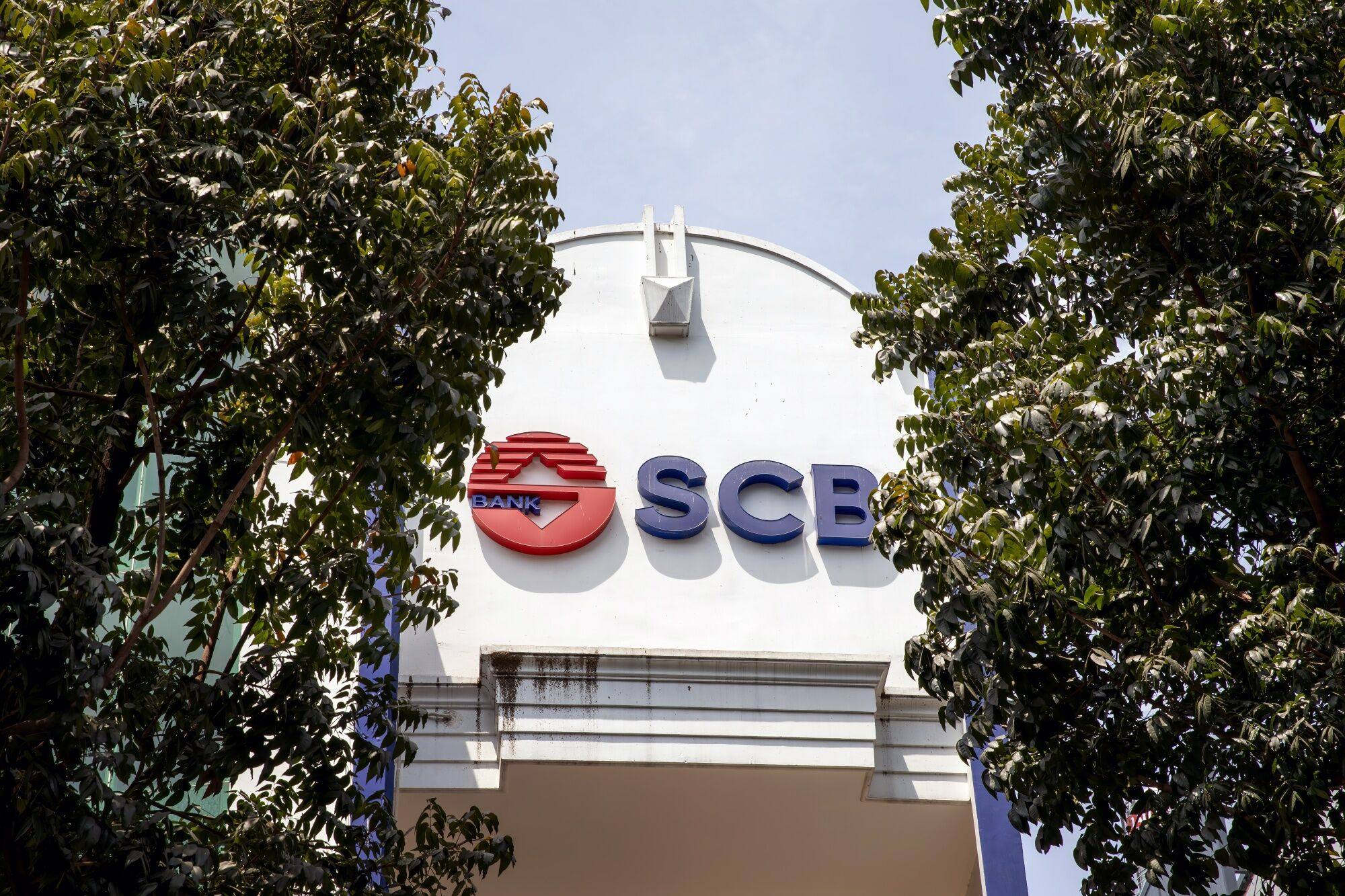
Impact on the banking system
This has huge repercussions for the economy. First, SCB was an important commercial lender.
To make matters worse, other banks have drastically reduced their lending, despite the fact that their deposits are substantially up. Prime Minister Pham Minh Chinh recently held a meeting where he chastised bank executives for failing to lend.
Yet banks have reason to be cautious in their lending given the scope of the Van Thinh Phat and SCB fraud.
Moreover, as a result of the scandal, financial regulators are under intense scrutiny right now and are looking at the banks’ balance sheets with a bit more rigour than in the past.
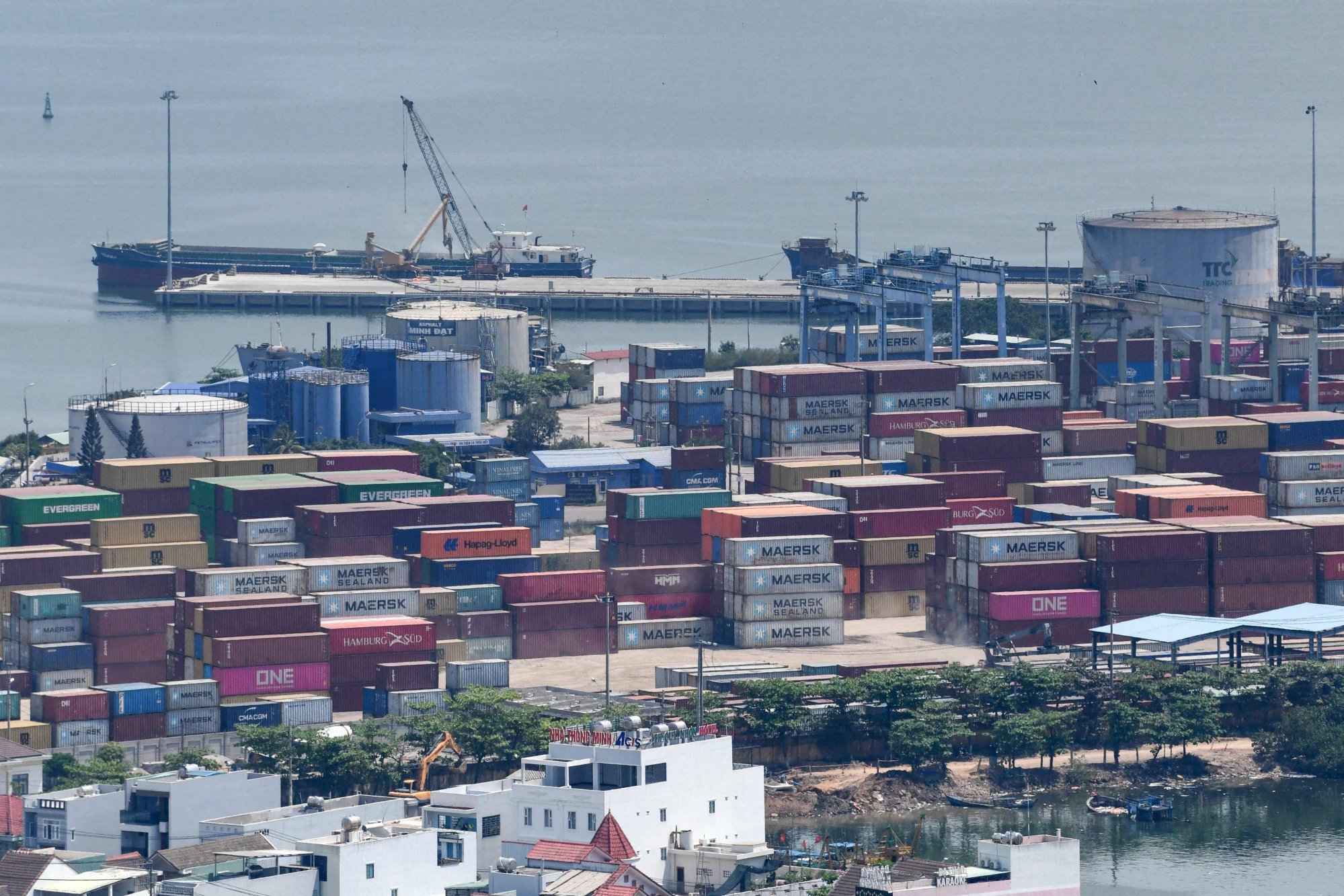
There are also market forces at work. Vietnam’s economy is still too tied to exports and is too vulnerable to externalities. Nikkei Asia Review reported a 20 per cent year-on-year increase in corporate failures in 2023, which has caused banks to be even more cautious.
Third, the loss of confidence in SCB could very likely have a contagion effect on the entire banking system. The government has been stretched to the limit dealing with SCB; it cannot afford to deal with multiple simultaneous bank runs.
All of this comes when Vietnam’s growth in the first quarter, though still at 5.66 per cent, is below the target and the 6.72 per cent growth rate in the last quarter of 2023. Vietnam’s target is 6-6.5 per cent growth for 2024, but a major banking crisis would thwart that.
Zachary Abuza is a professor at the National War College in Washington, DC, where he focuses on Southeast Asian politics and security issues. The views are his own and do not reflect those of the National War College or Department of Defence.
https://news.google.com/rss/articles/CBMiiwFodHRwczovL3d3dy5zY21wLmNvbS93ZWVrLWFzaWEvb3Bpbmlvbi9hcnRpY2xlLzMyNjA1MjQvd2h5LXRydW9uZy1teS1sYW5zLWZyYXVkLXdpbGwtZGFtYWdlLXZpZXRuYW1zLWVjb25vbXktYW5kLWludmVzdG1lbnQtcmVwdXRhdGlvbi1hc2lh0gEA?oc=5
2024-04-28 03:00:27Z
CBMiiwFodHRwczovL3d3dy5zY21wLmNvbS93ZWVrLWFzaWEvb3Bpbmlvbi9hcnRpY2xlLzMyNjA1MjQvd2h5LXRydW9uZy1teS1sYW5zLWZyYXVkLXdpbGwtZGFtYWdlLXZpZXRuYW1zLWVjb25vbXktYW5kLWludmVzdG1lbnQtcmVwdXRhdGlvbi1hc2lh0gEA
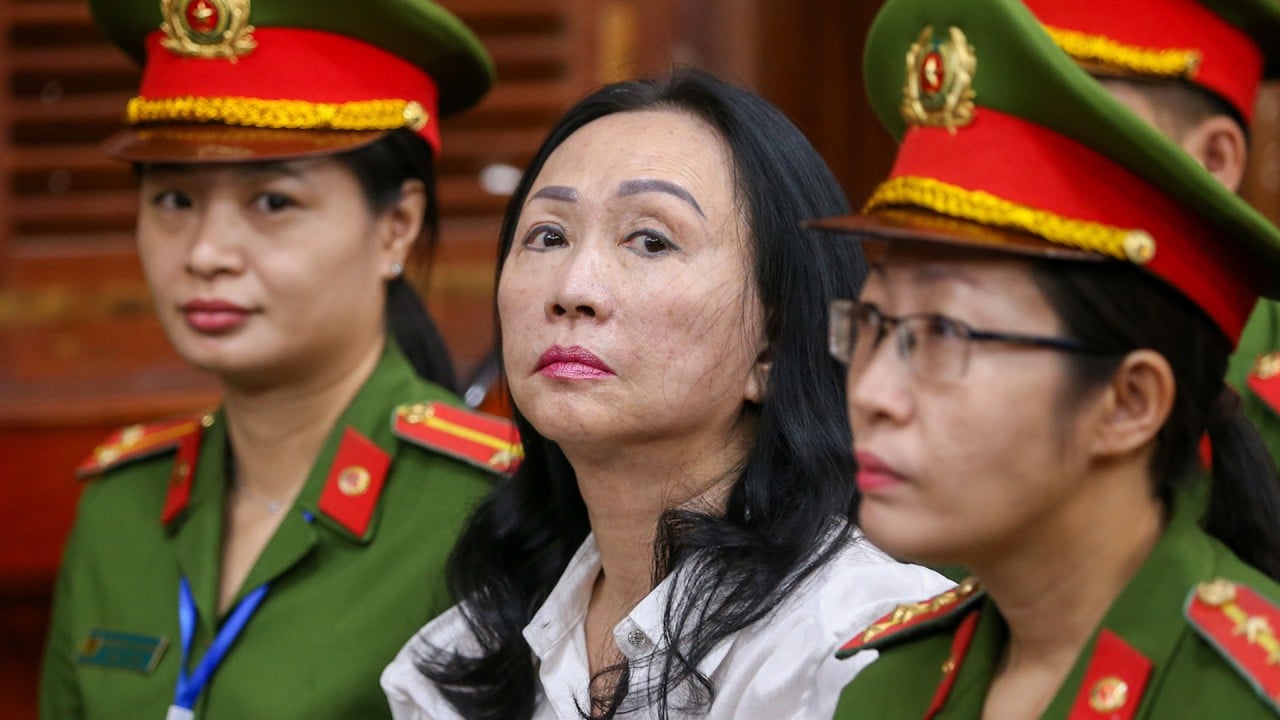
Tidak ada komentar:
Posting Komentar